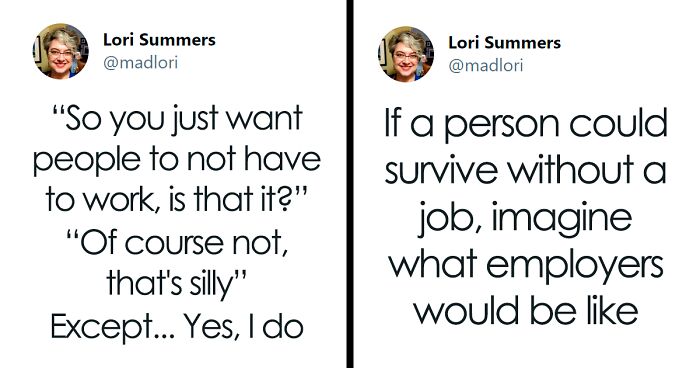
“People Shouldn’t Have To Work”: Person Shares How The World Would Work If Everyone Had Universal Basic Income
Universal basic income (UBI) is a governmental public program for a periodic payment delivered to all citizens of a given population without a means test or work requirement. If the level is sufficient to meet a person’s basic needs (i.e., at or above the poverty line) it is sometimes called a full basic income. If it is less than that amount, it may be called a partial basic income.
The general idea that the government should give every citizen money with no strings attached has been around since the 16th century. But lately, it has experienced a remarkable resurgence with advocates ranging from Facebook founder Mark Zuckerberg to libertarian economist Milton Friedman.
Twitter user Lori Summers is also on that list. Lori published a comprehensive thread where they explained why they think UBI is a blessing, not a curse.
More info: Twitter
Image credits: madlori
Image credits: madlori
One of the reasons why talks about UBI resurfaced was a two-year study Finland ran in 2017 and 2018, during which the government gave 2,000 unemployed people (aged between 25 and 58) monthly payments without asking anything in return.
The payments of €560 per month were unconditional, so they weren’t reduced if an individual got a job or a pay rise. The study was nationwide and selected recipients weren’t able to opt-out because the test was written into legislation.
Image credits: madlori
Image credits: madlori
The study compared the employment and well-being of basic income recipients against a control group of 173,000 people who were on unemployment benefits. Between November 2017 and October 2018, people on basic income worked an average of 78 days while those on unemployment benefits worked six days less.
There was a greater increase in employment for people in families with children, as well as those whose first language wasn’t Finnish or Swedish. However, the researchers aren’t yet sure why.
When surveyed, people who received universal basic income instead of regular unemployment benefits reported better financial well-being, mental health, and cognitive functioning, as well as higher levels of confidence in the future.
Image credits: madlori
Image credits: madlori
But some experts believe the experiment didn’t go that well. In an article for Jacobin, Jimmy O’Donnell, a senior research assistant at The Brookings Institution, pointed out what he thought were a few major problems.
The first, he said, was a change in social attitude in Finland. Many politicians and their constituents began to view basic income as a way to encourage poor work ethic. This contributed to a second issue: the prime minister’s office was only willing to offer a budget of 20 million euros (roughly $24 million) for the trial.
Furthermore, it wanted the policy to be implemented quickly, forcing researchers to rush the experiment’s design. The researchers behind the trial had originally planned to include 10,000 participants and were considering payments of around 1,000 euros per month. But that wasn’t possible with the budget they got.
The sharp timeline also forced the team to limit the participants to unemployed residents, since they already had administrative data for that group.
Image credits: madlori
Image credits: madlori
Stynes also identified another flaw: the design of the trial dictated that basic income was only a part of the services given to the recipients, and they were required to forgo certain other benefits in order to receive the money.
In the end, the trial only involved people who were already receiving Finland’s standard conditional benefits — things like unemployment benefits, housing allowances, social assistance, and illness compensation that are afforded to unemployed residents by law.
A control group of unemployed people (around 5,000 residents) continued to receive these services. The treatment group, meanwhile, received a portion (but not all) of the same conditional benefits they had been getting before, in addition to small basic-income payments of 560 euros per month.
In 2017, that resulted in the control group receiving 7,300 euros ($8,000) in unemployment benefits and 1,300 euros ($1,400) in social assistance. The treatment group, meanwhile, only received 5,800 euros ($6,400) in unemployment benefits and 940 euros ($1,000) in social assistance that year.
What does all of this mean? Well, the data is difficult to parse out.
Image credits: madlori
Image credits: madlori
Image credits: madlori
A Pew Research Center survey, conducted online in August 2020, of 11,000 U.S. adults found that a narrow majority (54%) oppose the federal government providing a guaranteed income of $1,000 per month to all adults, while 45% support it
Here’s what people said after reading Lori’s thread
Image credits: cabe_bedlam
Image credits: kitefosta
Image credits: BNGChrisWr
Image credits: Mike_V211
Image credits: athin5inches
Image credits: DougDodsonENews
Image credits: erikakmeyer
Image credits: larvitaro
Image credits: TheMostStacy
Image credits: KnightStooge77
Image credits: acxsasx
Image credits: theking4mayor
Image credits: Azelphuren
Image credits: SmartMugu
Image credits: Jingx1
Image credits: madlori
Image credits: PatrickGerard01
Image credits: philiprenich
Rejecting the idea of a citizen's dividend as a socialist dream is naive. In fact, many good argument for universal basic income schemes have been brought forward, and some experiments, such as in Finnland, have yielded noteworthy results. However, the reality is not as easy as proposed in a few tweets.
There lie great challenges with income inequality, particularly driven by the fact that interest on capital growths faster than salaries (which leads to greater inequality). Moreover, automation and artficial intelligence will make many jobs superfluous. You cannot simply say "Let's give every citizen sum X" but an transformation of the economic system, including taxation and social matters, would be needed.
Load More Replies...For anyone who might be interested: the book "Utopia for realists" by Rutger Bregman gives a wonderful overview on the matter of a universal basic income and the experiments done. I found it to be truly mind-boggling.
To be honest, we studied Utopia (the actual novel) in university, and the excerpt we used for our classes made me conclude that Utopia was a pretty repressive place itself...
Load More Replies...stupid conversation to even have. Money comes from creating value. It's like bartering, but more convenient. If you're not creating value, where is the money going to come from? So a few people have to work their butts off so you can stay home and be lazy? Give me a break.
You are missing one point here. The planet, our earth, is creating endless value to all living being every day. The rationale of a citizen's dividend is to let *everyone* partcipate in for example what is made from drilling for oil. Whether that works is disputed, but there is in a way value creation without doing a thing.
Load More Replies...Rejecting the idea of a citizen's dividend as a socialist dream is naive. In fact, many good argument for universal basic income schemes have been brought forward, and some experiments, such as in Finnland, have yielded noteworthy results. However, the reality is not as easy as proposed in a few tweets.
There lie great challenges with income inequality, particularly driven by the fact that interest on capital growths faster than salaries (which leads to greater inequality). Moreover, automation and artficial intelligence will make many jobs superfluous. You cannot simply say "Let's give every citizen sum X" but an transformation of the economic system, including taxation and social matters, would be needed.
Load More Replies...For anyone who might be interested: the book "Utopia for realists" by Rutger Bregman gives a wonderful overview on the matter of a universal basic income and the experiments done. I found it to be truly mind-boggling.
To be honest, we studied Utopia (the actual novel) in university, and the excerpt we used for our classes made me conclude that Utopia was a pretty repressive place itself...
Load More Replies...stupid conversation to even have. Money comes from creating value. It's like bartering, but more convenient. If you're not creating value, where is the money going to come from? So a few people have to work their butts off so you can stay home and be lazy? Give me a break.
You are missing one point here. The planet, our earth, is creating endless value to all living being every day. The rationale of a citizen's dividend is to let *everyone* partcipate in for example what is made from drilling for oil. Whether that works is disputed, but there is in a way value creation without doing a thing.
Load More Replies...
 Dark Mode
Dark Mode 

 No fees, cancel anytime
No fees, cancel anytime 



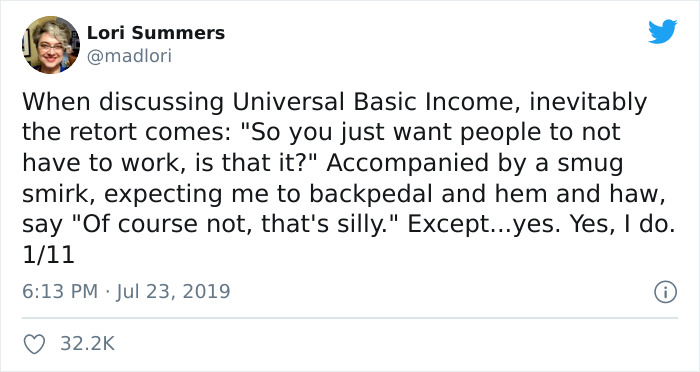
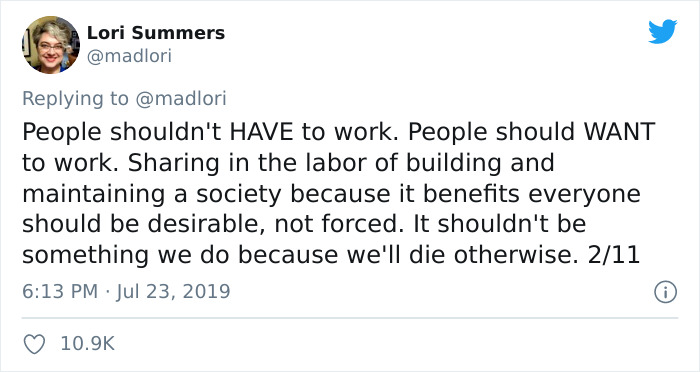
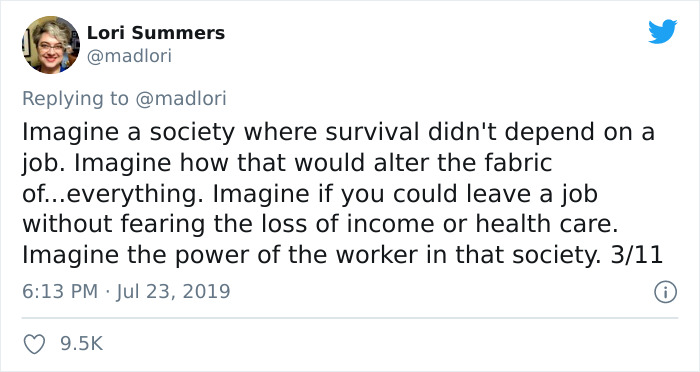
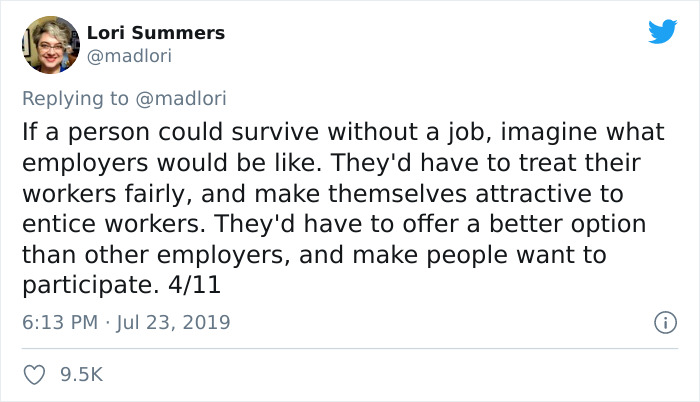
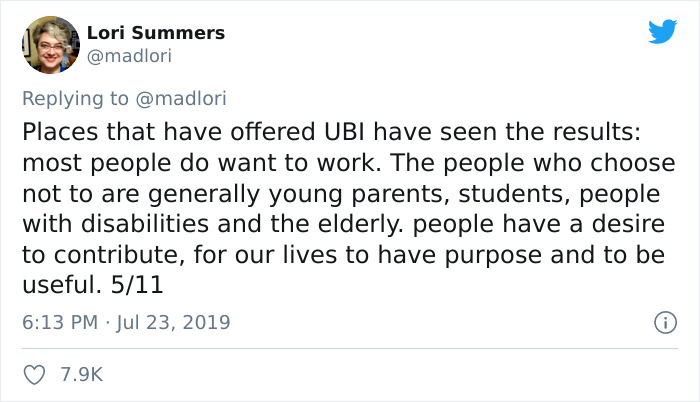
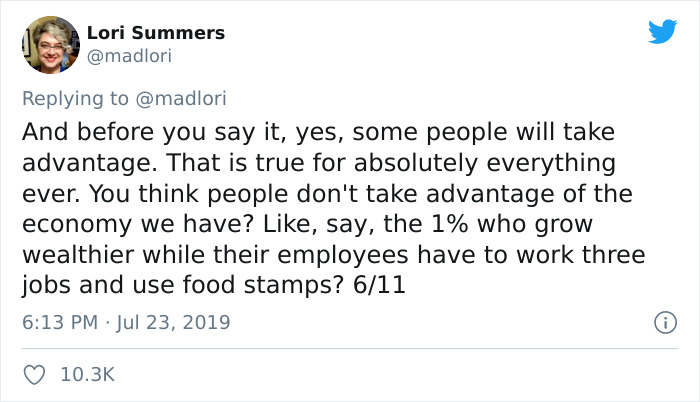
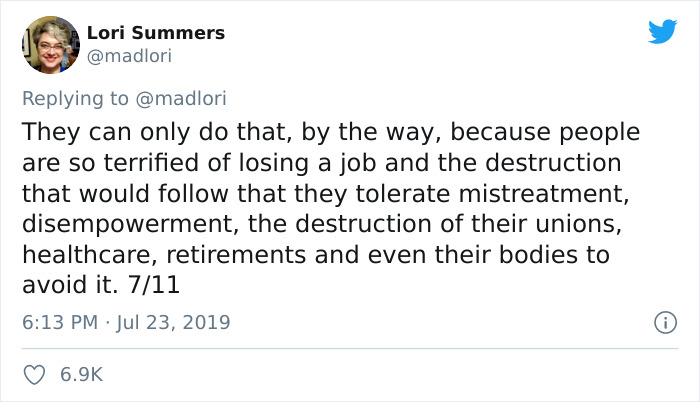
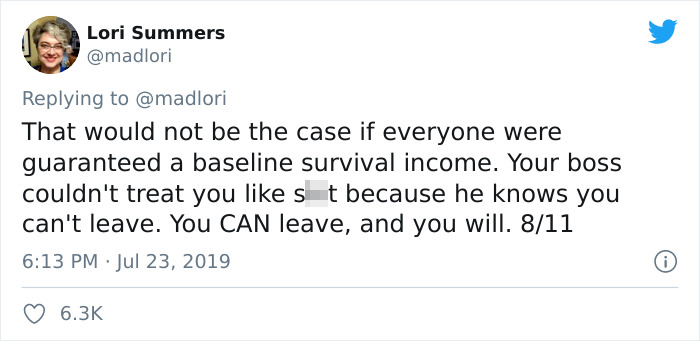
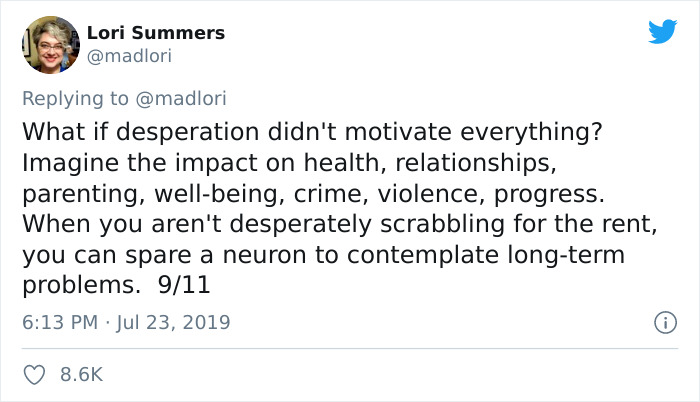
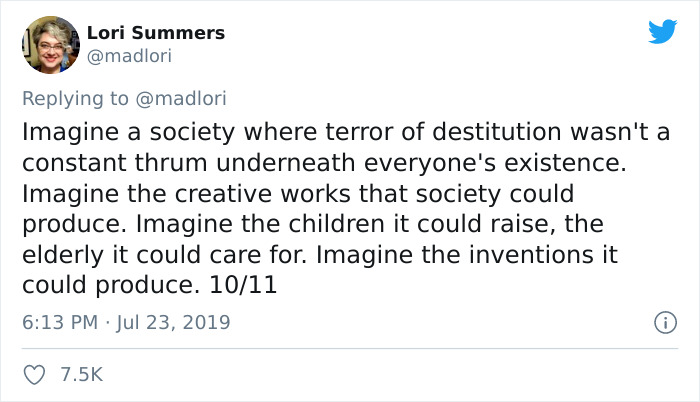
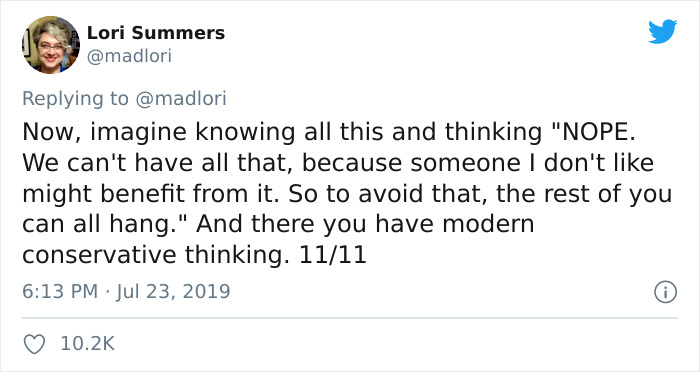

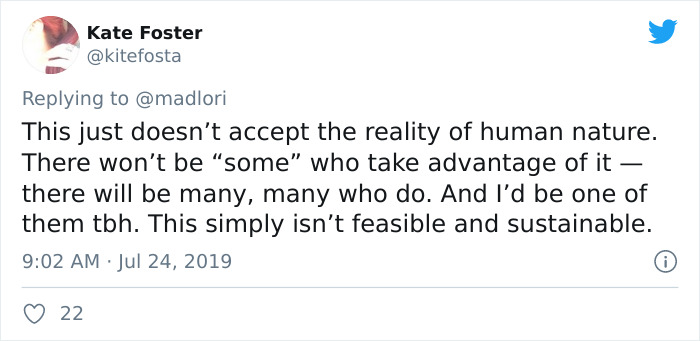
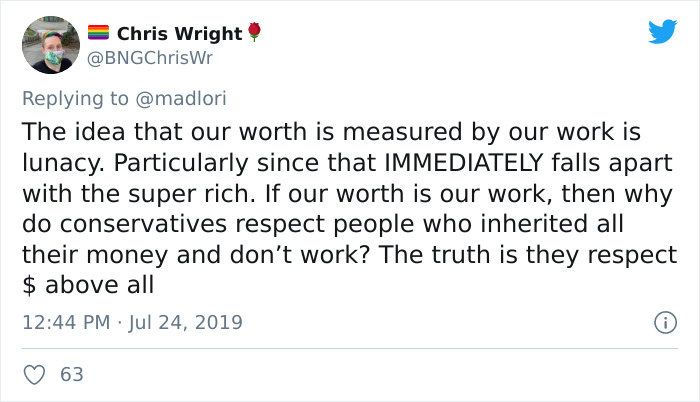
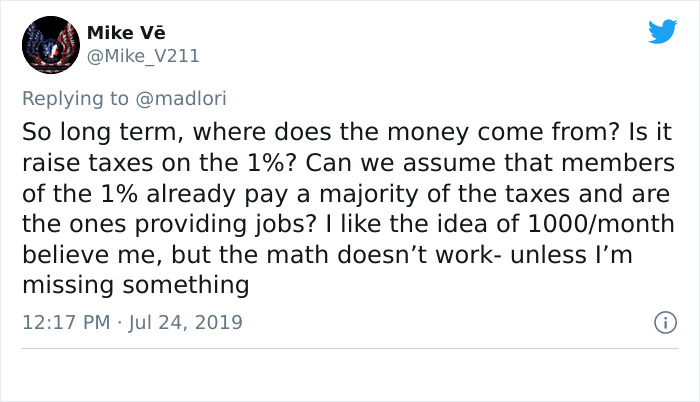
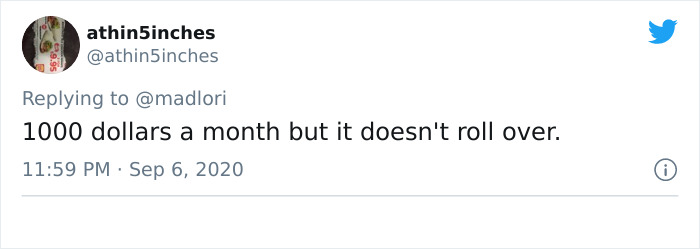
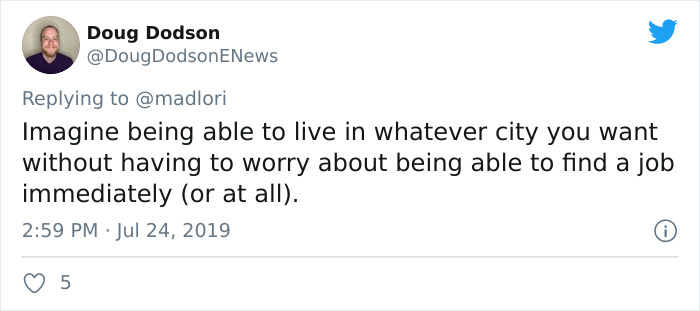
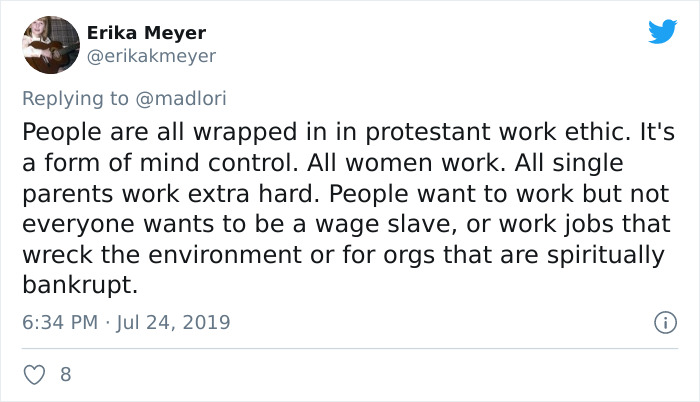
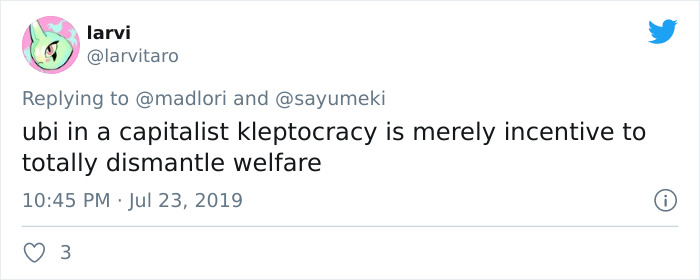
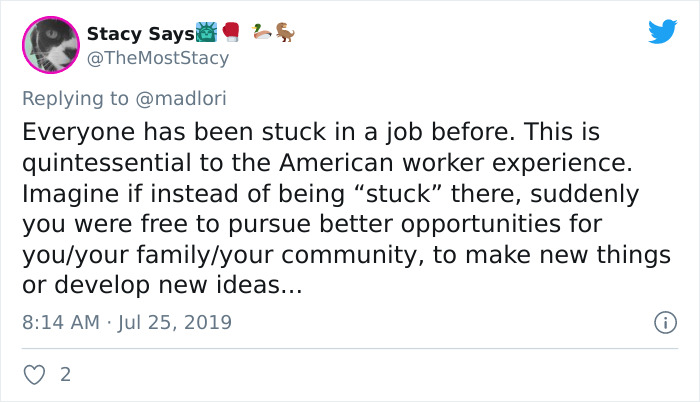
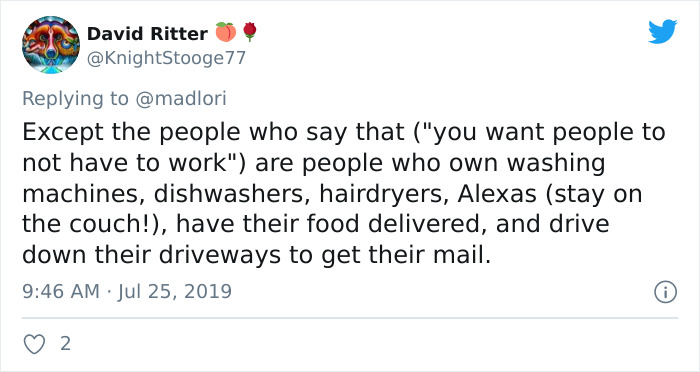
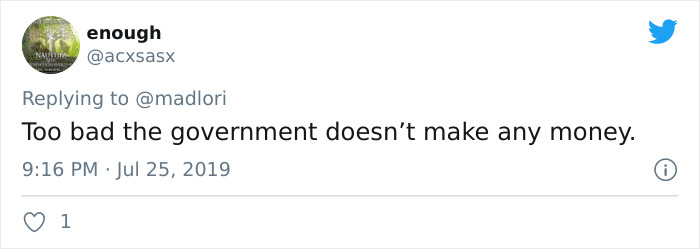
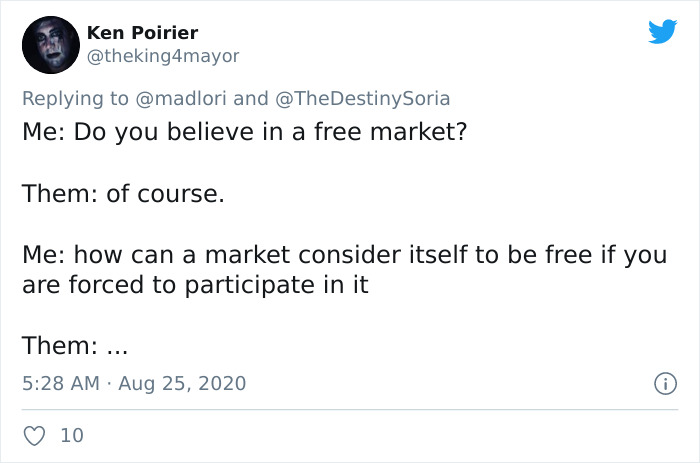
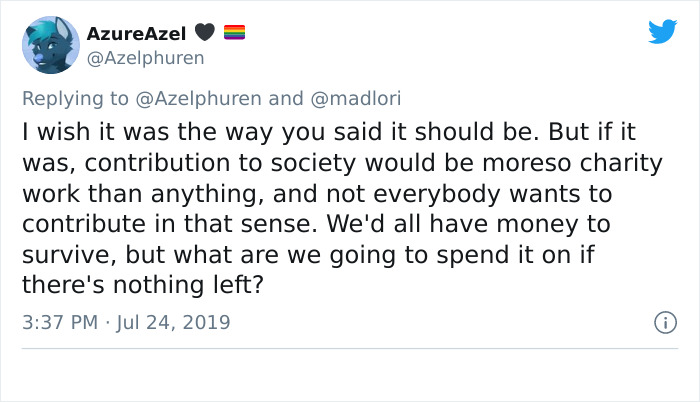
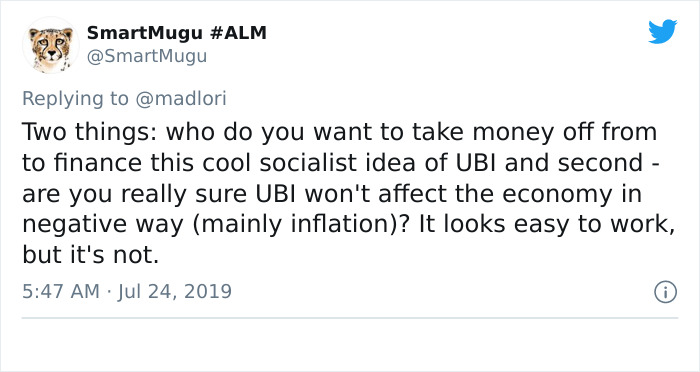
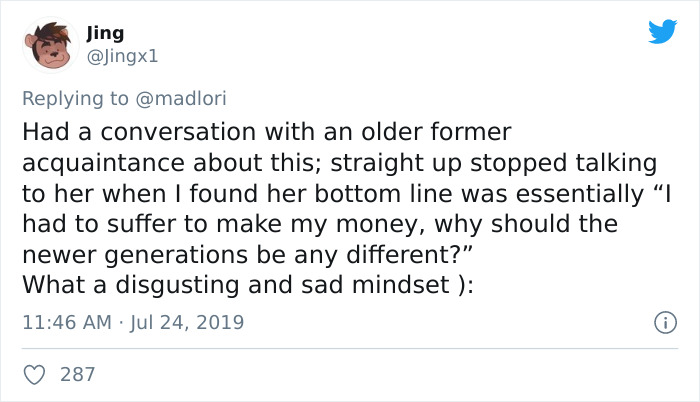
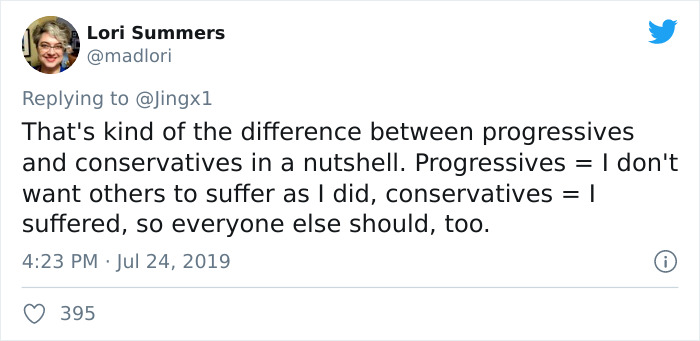
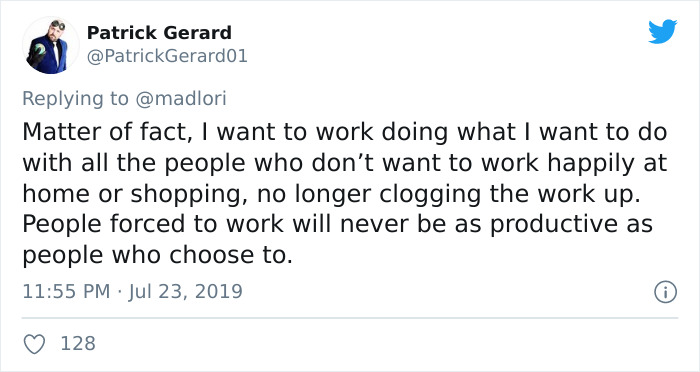
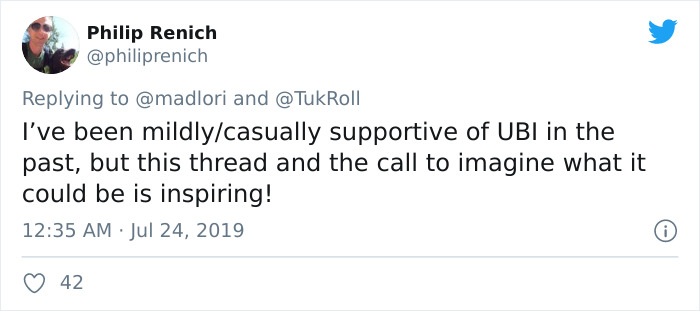








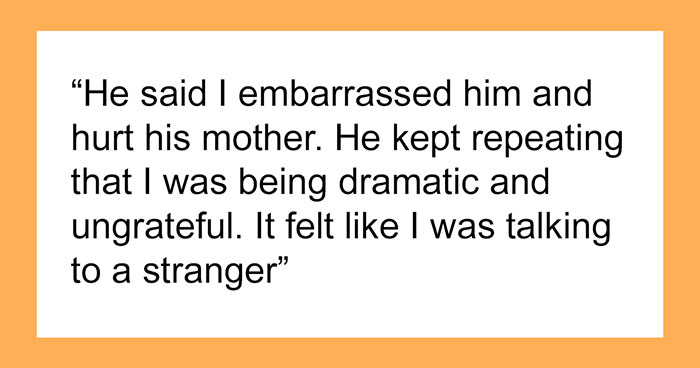



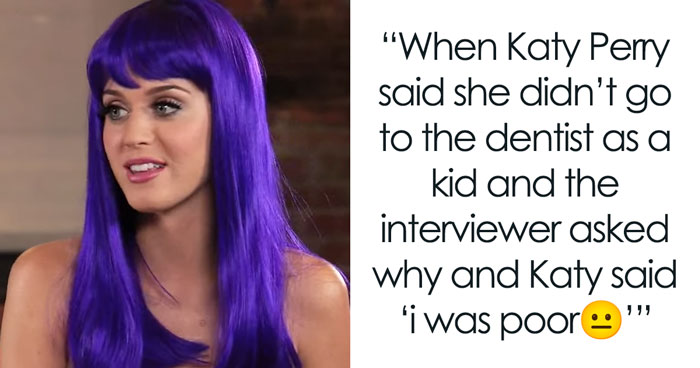




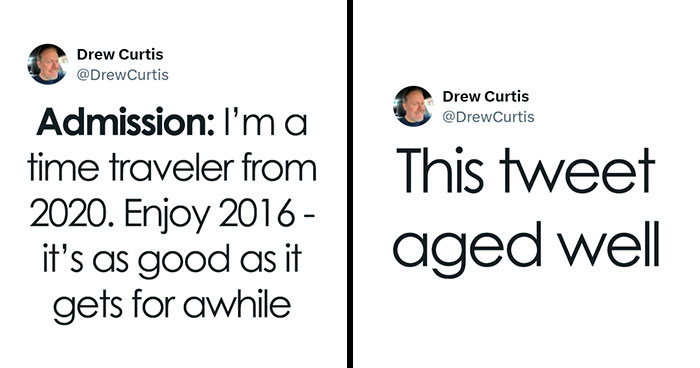









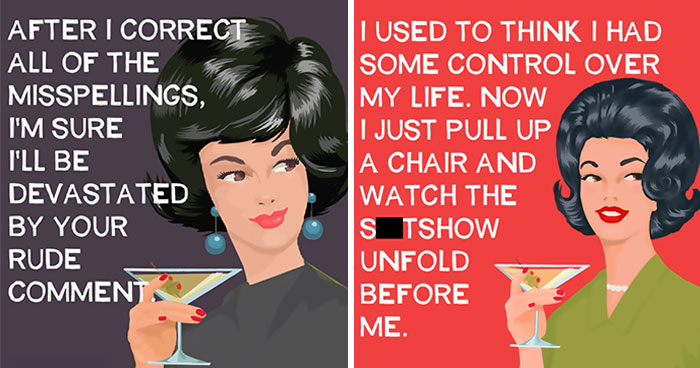


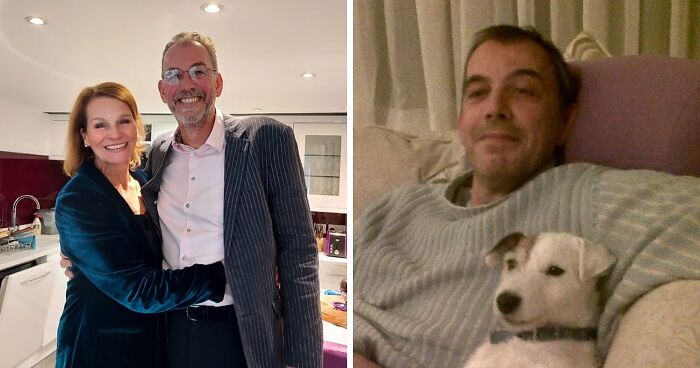



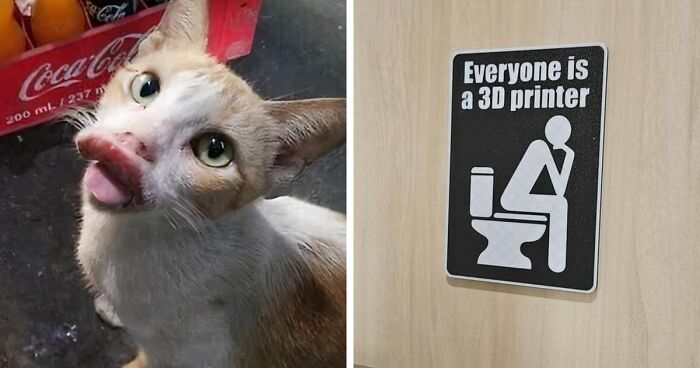

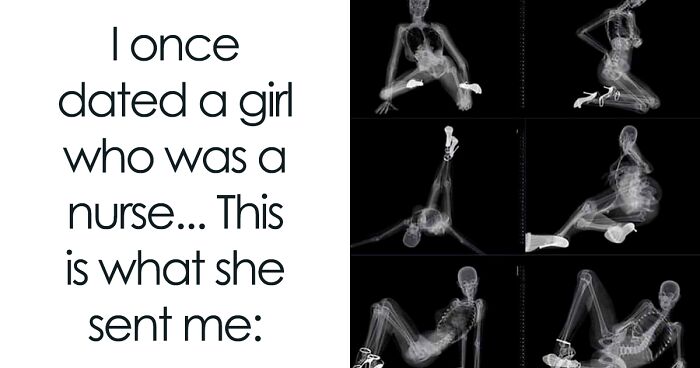





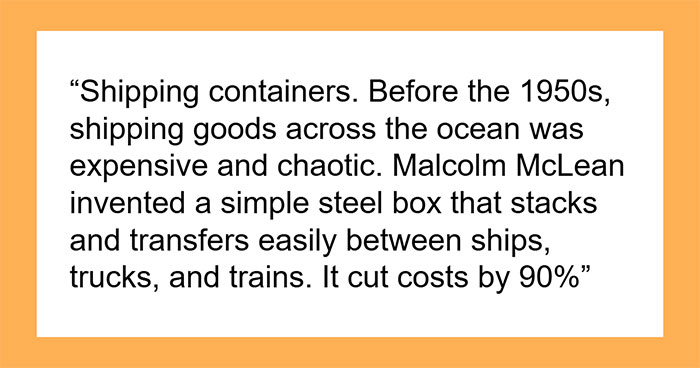

138
247